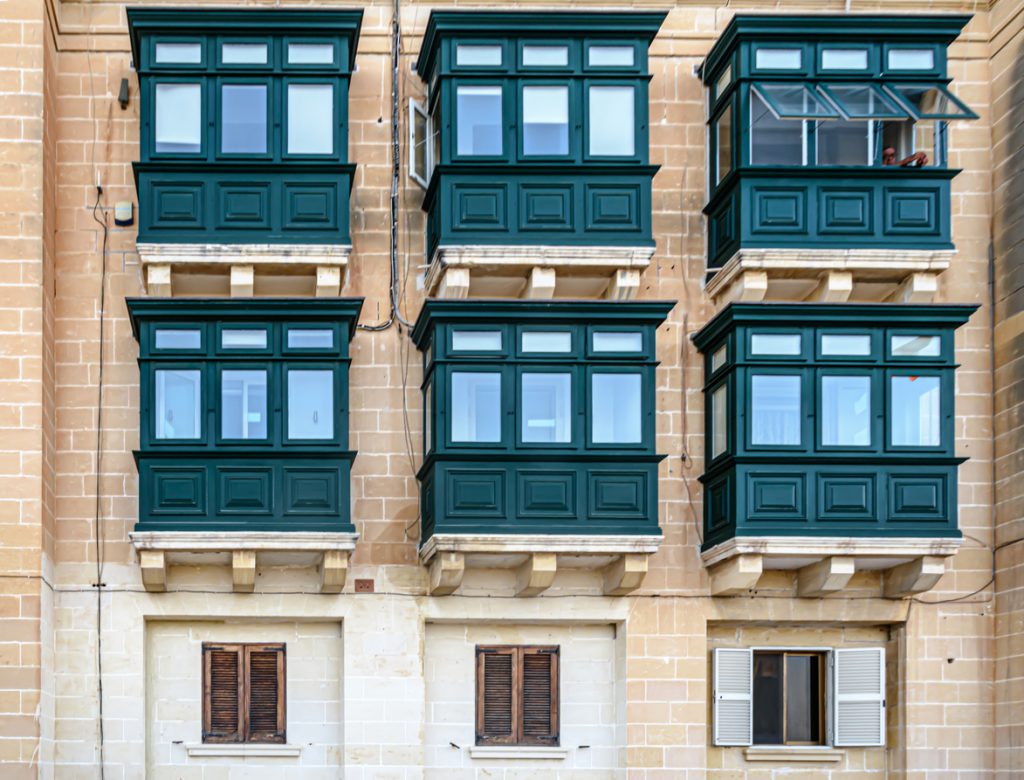The housing problem

“Housing, be it rental or purchase, is unlikely to be a realistic prospect for young people in Malta were it not for government intervention or family assistance, unless they marry or cohabit or relocate to Gozo.”
This conclusion stems from a recent study published by the Housing Authority into the affordability of housing in the context of the developments in this sector which in the last decade has undergone major changes. It is no secret, that this issue is becoming a major concern as we have reached a point whereby a significant chunk of the Maltese population have no real prospect of buying a property, however small, nor of renting one. As a matter of fact, one of the scenarios presented in this study – that of affording a single room in a dwelling – would have been unthinkable a few years ago. Until not so long ago, housing was still affordable, albeit the options started narrowing. While up to 40 years ago a terraced house was quite affordable, as prices went up, the property market started shifting to maisonettes and ultimately to apartments. Nowadays, a three-bedroom flat is considered as being the high-end for most first-time buyers. A similar trend was registered in the rental market.
This situation is having ramifications at a social level. Traditionally young people in Malta leave home considerably late in their lives when compared to other EU countries. While in Malta the average age for such move is 30, in some parts of Europe this happens between 18 and 22. However, the drop in housing affordability experienced in the last decade means that this is no longer a question of culture but of affordability.
According to this study young persons on minimum earnings have reached a stage whereby they cannot even afford to rent a single room! Such circumstances do not bode well at all. Consequently, most young people in Malta do not have the means to live on their own steam and must depend on their extended family, the state or seek to join forces by cohabiting.
From a policy perspective the situation poses very delicate questions: To what degree is all this impacting on lifetime decisions such as whether to enter a relationship in order to increase one’s prospects? Is there a risk of young people moving into employment rather than further their studies to start moving the property ladder at an earlier stage before they are priced out? Are ageing parents being pressured to remain in employment beyond retirement to give financial support to their children who would otherwise fail to enter the property market? What is the risk of homelessness for those who have no additional streams of revenue to tap?
The issue of housing affordability and the rise in the cost of living are arguably the biggest two concerns at government level. Clearly, doing nothing is not an option. Policy makes have various tools at their disposal such as tax deductions, housing allowances, subsidies and grants. Any attempt to address the situation must look at the roots of the problem such as the rising house-prices-to-income ratio, the influx of foreigners with respect to the sharp increase in demand, and the increase in labour costs and raw to materials finish a property. More importantly, we might have to reconsider the economic model as it is quite striking how this issue cropped up at a time when Malta enjoyed robust economic growth. Clearly, something has gone wrong…something must be done.
